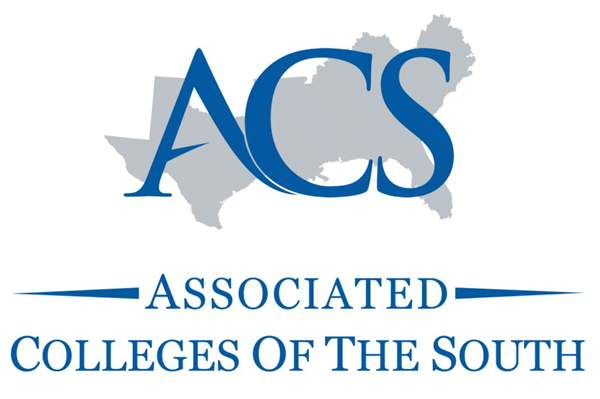This section offers a set of prompts and tools to help institutions reflect on their values, processes, and products for faculty evaluation in order to design equitable, transparent processes that are aligned with institutional values.
This guided process draws from L. Dee Fink’s Creating Significant Learning Experiences, which delineates a thoughtful process for course redesign that can also be used to redesign programs, including programs for faculty evaluation. The process has four parts:
- Goals
- Situational Factors
- Feedback and Assessment
- Activities
Goals
Below are some overarching goals for redesigning an institution’s faculty evaluation processes:
- Design and implement an equitable and transparent process for faculty evaluation that aligns with institutional values, promises, and commitments to employees and students.
- Interrogate existing policies to eliminate any systemic bias or any form of discriminatory practices so that all individuals have an equal opportunity to reach professional milestones (tenure, promotion, etc.).
- Provide a process for regular, transparent, equitable, unbiased, fair, and actionable feedback to individuals so they feel supported, valued, and are dedicated to ongoing improvement.
- Ensure that expectations for faculty and claims/promises made to students are aligned and consistently articulated at the institutional, departmental, and individual level.
- Create and implement ongoing processes for maintaining these goals.
Some of these goals may resonate with individual institutions more than others, so early in the redesign process, campuses are encouraged to consider which will guide their work, and if there are any additional goals.
Situational Factors
Institutional contexts for faculty evaluation are different and important. Campuses should consider separately the situational factors that exist at the institution-, department-, and individual-levels because such consideration often reveals unique values, priorities, promises and commitments that should be more effectively aligned within the faculty evaluation process. When there is dissonance, for example, between what we value or promise at the institution level with what we value at the department level, faculty receive mixed messages about what they should do to be successful and thrive at our institution.
Therefore, as campuses begin the work of reviewing and realigning faculty evaluation processes, a diverse group of relevant campus stakeholders (e.g., administrative leaders, department chairs, faculty governance committee, tenure committee, or an ad hoc group of faculty leaders from all ranks) should consider these questions first to assess the situational factors for each level and then to identify how current faculty evaluation policies and procedures align with those factors.
Feedback and Assessment
It is often helpful to gather feedback on current faculty evaluation system from faculty members and administrators. Separate and confidential focus-group discussions with tenured and untenured faculty can often identify shared frustrations or fears that may not otherwise surface. In addition, comparative work across institutions, such as undertaken in this ACS project, can lead to healthy questioning of assumptions and traditions that may reveal the need to revisit and revise institutional structures that, for example, privilege certain identity groups over others.
Accountability
Evaluation procedures should be applicable for all faculty members. Ideally, these procedures, which function as ongoing feedback loops, should identify ways to assist any faculty member in meeting institutional and departmental standards, along with personal goals. It is important to note, however, that any resulting policies should also clearly articulate consequences if someone (ultimately) does not meet those standards.
Resources that support assessment of faculty evaluation
The University of Maryland’s Faculty Workload and Rewards Project has curated a collection of research articles on this topic that may help address questions and facilitate conversations elicited in this work.
Activities
By now in the process, campuses should have a good sense of current practices, as well as any problems or potentially discriminatory practices. These activities
help align institutional and departmental values with best practices identified in current and emerging scholarship.Recommended Resources
Campuses may also find the following resources helpful, as they provided insight into preparing this process:
- “Interdisciplinary and collaborative work: Framing promotion and tenure practices and policies” by Julie Thompson Klein and Holly J. Falk-Krzesinski
- How Colleges Change: Understanding, Leading, and Enacting Change by Adrianna Kezar
- “Changing Practices in Faculty Evaluation” by J. Elizabeth Miller and Peter Seldin
